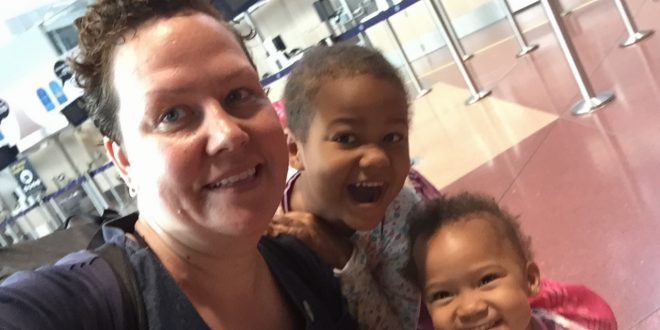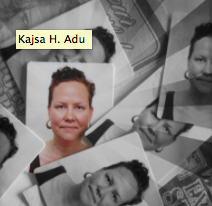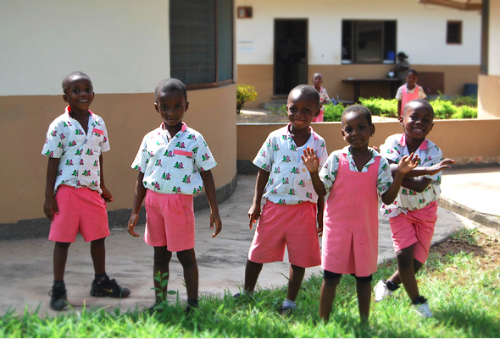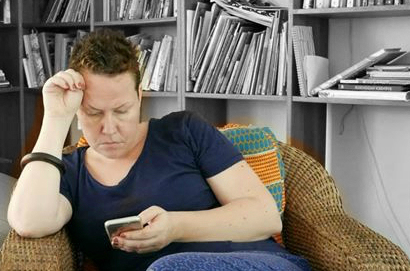
Because I love technology and social media, I feel like I have been quite conscious of my screen time. Since more than a year, all notifications are off my phone. I use the app “Focus” to turn off the internet on my phone (it also helps with working with the pomodoro technique). After reading Adriana Huffington’s book on sleep, I also parked my phone – turned off! – in a different room during the night and am awoken by an old-fashioned alarm clock. All in the name of limiting my screen time and not being dragged down the rabbit-hole of smartphones.
Sadly, I also agree with Jim Kwik who suggest that smartphones make us less smart!
However, all of this seems to not be enough to manage my time in front of a screen. Indeed, Catherine Price who wrote a book about breaking up with your phone, and a New York Times article that sums it up, suggests it took her two years! When I heard on the news Apple is including such a control mechanism for parents and individuals in their next OS, I thought to myself I NEED THIS NOW and started researching programs for both me and my 7-year-old. This is what I found.
FOR ME: Space. Free app, upgrade available USD 1.99 (but actually I am not sure what the upgrade does).
I liked the design and step-by-step idea that “diagnoses” your particular problem (I am a “boredom battler”) as well as the pop-ups and idea of dimming of the screen. It is also free! That is a pretty great feature when comparable apps charge a monthly cost.
FOR THE KID: Habyts. Free for 14 days and after that USD 3.29 or 7.99/month depending on services needed. The more expensive upgrade include chores that your kid can do for extra points or minutes.
Further, Habyts was the only app I could find that both allowed me to set daily time allowances, remote turn off her device, as well as included the option of adding tasks or chores for her to earn more time.
5 days in
We have tried a for a few days and I appreciate the professional help! In addition, what has helped is the idea to limit and track not just duration of each session, but also the number of times one reaches for one’s phone and unlocks it. However, despite warnings, limits and general awareness-raising, it has not been very impactful so far for me. I have not yet met my goals of 1,5 hours max on the smartphone/day (my average is more like the double!) or less than 30 unlocks during a day. Two nights since I started this phone detox, I have also unfortunately late-night-binged on my iPad (where I did not install the program).
My child shows withdrawal symptoms as well and has been angry and demanding. I had to change the lock codes on all my devices as she “jumped” to mine when her time was up! However, the remote shut-down function makes the process of limiting the time (right now the same 90 minutes a day) easier than earlier and I recognize that it helps for thinking of other things to do that I am also off my phone!
I will follow up again when some more time has passed to tell you how we are doing.
How do you limit screen time in your family?

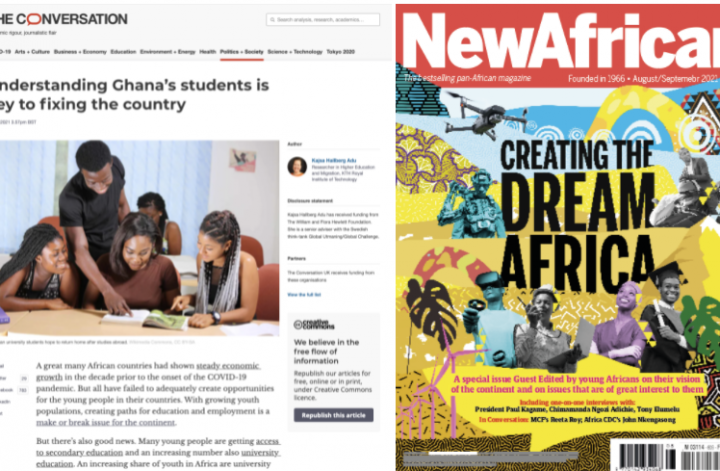
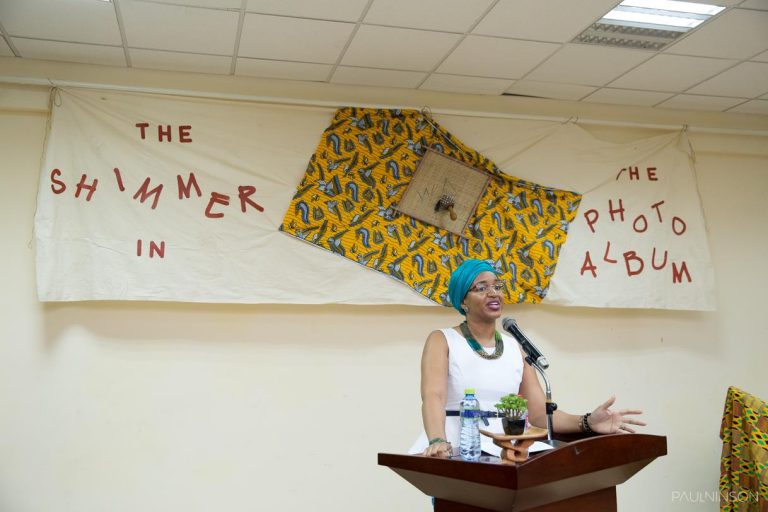
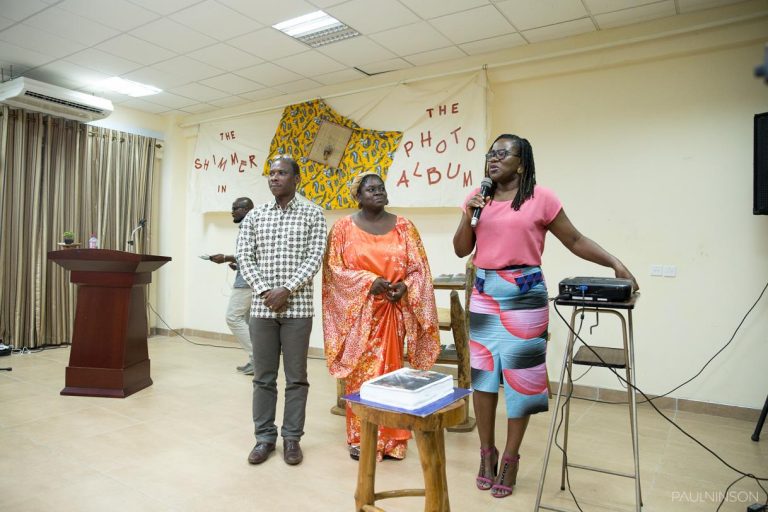
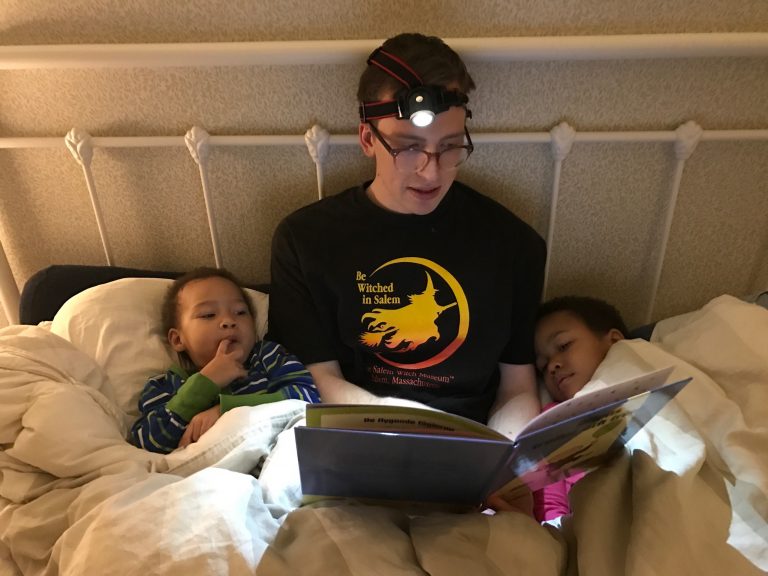
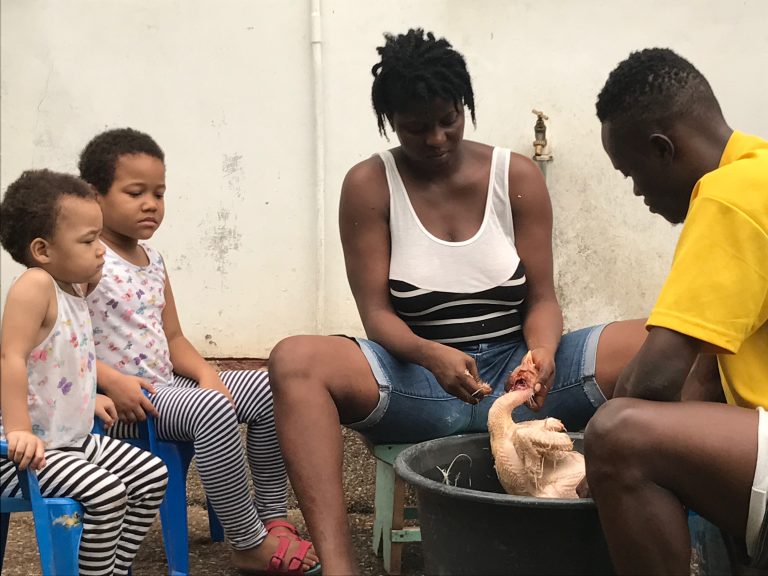
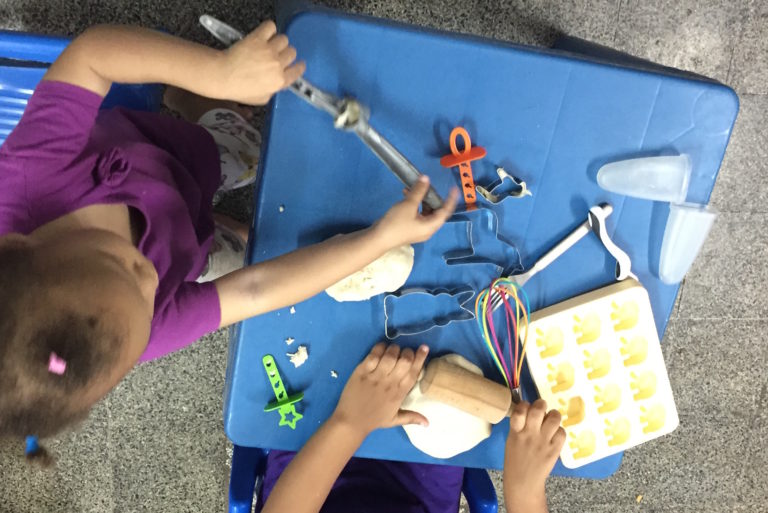
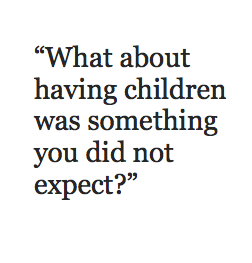
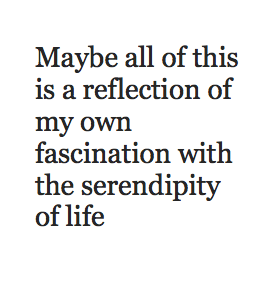 Maybe all of this is a reflection of my own fascination with the serendipity of life and the magic that mysteriously brings us our little ones, but then still it blows my mind that my child is in a sense just like me! At the age of five!
Maybe all of this is a reflection of my own fascination with the serendipity of life and the magic that mysteriously brings us our little ones, but then still it blows my mind that my child is in a sense just like me! At the age of five!